Scottish Fold
Scottish Fold
America’s Charming and Gentle Owl-Cat
1. Introduction to the Breed
The Scottish Fold, securing the #11 spot among the top cat breeds owned by Americans in 2024, is a charming and gentle feline renowned for its distinctive folded ears and sweet, owl-like appearance. Known for their affectionate, easygoing nature, Scottish Folds are ideal for families, singles, or seniors seeking a loving, relaxed companion. Their plush coat and unique ear shape make them perfect for cozy households, from urban apartments to suburban homes, where their warmth and quirky charm bring joy.
2. History of the Breed
Originating in Scotland in the 1960s, the Scottish Fold was discovered when a farm cat named Susie displayed a natural genetic mutation causing folded ears. Breeders developed the breed by crossing Susie’s offspring with British Shorthairs and other breeds to enhance their temperament and structure. Recognized by the Cat Fanciers’ Association (CFA) in 1978, Scottish Folds gained U.S. popularity for their adorable look and gentle demeanor, excelling in cat shows and as beloved family pets with a knack for captivating hearts.
3. Physical Characteristics
- Typical Size and Weight: Scottish Folds are medium-sized, standing 8–10 inches tall at the shoulder and weighing 6–13 pounds (males) or 6–9 pounds (females), with a rounded, compact build.
- Coat and Color: Their coat can be short and dense or semi-long and plush, in colors like tabby, solid, bicolor, or tortoiseshell. The coat sheds moderately and requires regular grooming.
- Distinctive Features: Scottish Folds have a round head, large, round eyes (often blue or gold), and their signature folded ears (though some have straight ears). Their sturdy frame and soft appearance enhance their owl-like charm.
4. Personality Traits
Scottish Folds are affectionate, gentle, and sociable, with a calm personality that makes them exceptional lap cats. They form strong bonds with children, adults, and familiar pets, enjoying gentle play and cuddles. Their vocal nature, with soft chirps or trills, reflects their communicative but undemanding demeanor. Scottish Folds are intelligent and adaptable, suiting owners who can provide a peaceful environment and moderate stimulation to prevent boredom-driven behaviors like scratching or hiding.
5. Care Requirements
- Exercise Needs: Scottish Folds need 20–40 minutes of daily play, such as gentle chasing games, low cat trees, or interactive toys. Mental stimulation through window perches or simple puzzle toys satisfies their mild curiosity.
- Grooming Needs: Short-coated Folds require brushing once or twice weekly, while long-coated Folds need 2–3 times per week to prevent matting and hairballs. Regular ear cleaning (due to folded ears), nail trimming, and dental care maintain health, as they’re prone to ear and dental issues.
- Dietary Considerations: A balanced, high-protein diet supports their coat health and moderate energy. Portion control prevents obesity, which can strain their joints, and foods with omega fatty acids reduce skin sensitivities. Fresh water is essential for their relaxed lifestyle.
6. Health and Lifespan
Scottish Folds have an average lifespan of 12–15 years. Their folded ear gene is linked to osteochondrodysplasia, causing joint and cartilage issues, particularly in the tail and limbs. Other concerns include hypertrophic cardiomyopathy (HCM) and polycystic kidney disease (PKD). Regular vet checkups, joint screenings, and a healthy lifestyle mitigate risks. Owners should monitor for lameness, stiff tail, or heart-related lethargy and avoid breeding two folded-ear cats to reduce health risks. Genetic testing from breeders is crucial.
7. Training and Socialization
Scottish Folds are intelligent and cooperative, responding well to gentle, positive reinforcement training with treats or praise. They easily learn behaviors like using a scratching post or litter box habits, with their calm nature making training straightforward. Early socialization ensures comfort with strangers, children, and other pets, reducing shyness or stress. Teaching simple tricks or routines keeps their mild curiosity engaged. Gentle play or training prevents boredom-related behaviors like overgrooming or scratching.
8. Ideal Home Environment
Scottish Folds thrive in calm, secure homes, ideal for urban apartments or suburban settings where they can relax and cuddle. They suit families, singles, or seniors who enjoy gentle interaction and a peaceful atmosphere. Indoor spaces with cozy bedding, low climbing structures, or window perches satisfy their minimal exploratory needs. Owners should provide a stress-free environment with toys and scratching posts to prevent boredom and ensure a nurturing setting for their sociable nature.
9. What’s the Best Toy for My Scottish Fold?
Scottish Folds enjoy toys that suit their gentle, moderately playful nature and compact build. Soft plush toys for cuddling or gentle wrestling mimic prey, providing 10–15 minutes of engagement, perfect for their relaxed demeanor, with supervision to prevent tearing. Lightweight feather wands encourage slow swatting or pouncing, ideal for 10–15 minute interactive play sessions to satisfy their mild hunting instincts. Small, sturdy balls for batting offer solo play, suitable for 10–15 minute sessions in a secure space. Simple interactive puzzle toys with treat compartments engage their intelligence, keeping them occupied indoors for 10–15 minutes. Avoid high-energy or small, swallowable toys to protect their comfort and joints. Rotate toys regularly and pair with gentle games for engagement.
10. Adoption and Breeder Tips
Choose breeders affiliated with the CFA or Scottish Fold breed clubs, ensuring health clearances for joints (osteochondrodysplasia), heart (HCM), and kidneys (PKD). Visit the breeder to assess kitten health, meet parents for temperament and ear-fold insights, and confirm ethical practices, including socialization and clean facilities. Rescues like Scottish Fold-specific organizations offer adoptable cats, often with known histories. Avoid unregulated breeders or pet stores, as Scottish Folds are prone to joint issues if poorly bred. Ask about genetic testing, ear care, and socialization to ensure a healthy, well-adjusted cat.
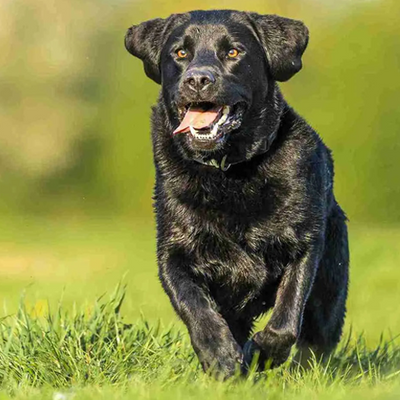
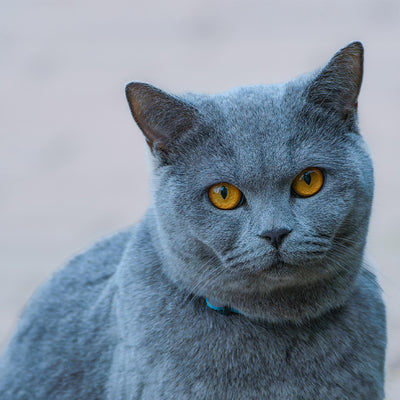
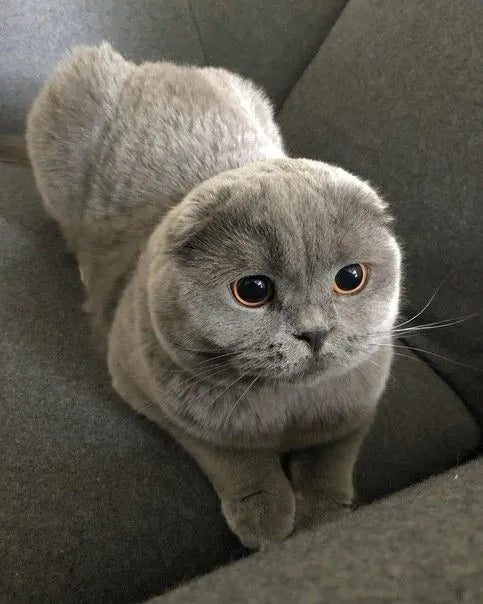
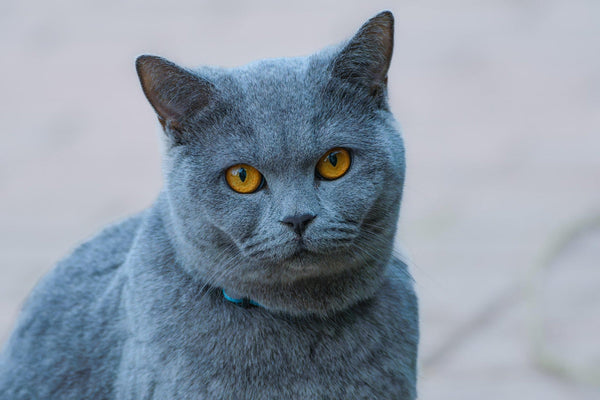
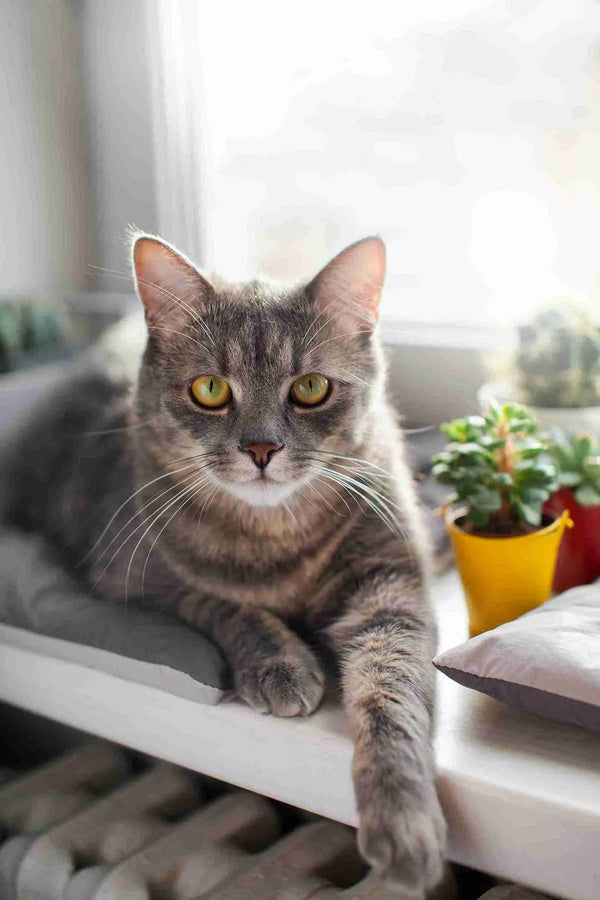
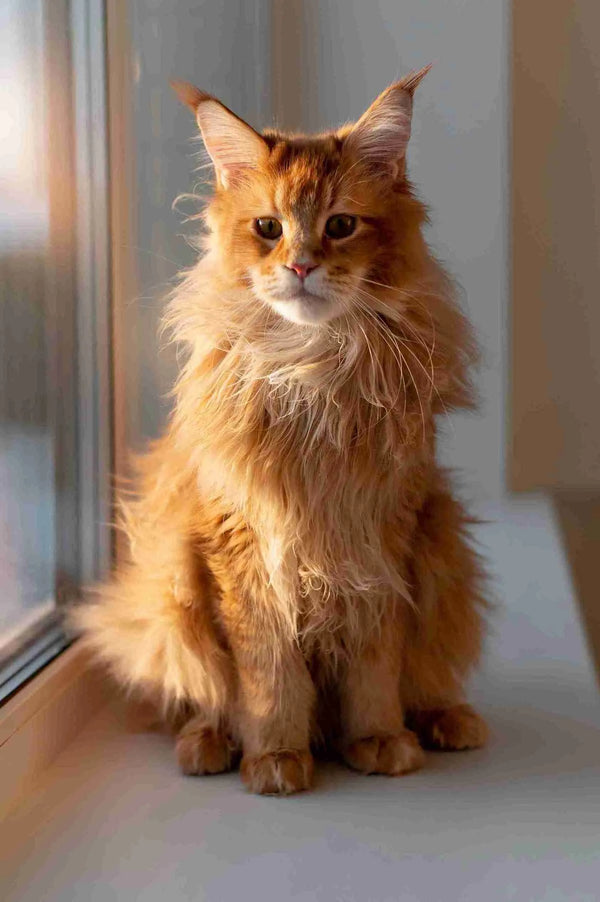
0 comments